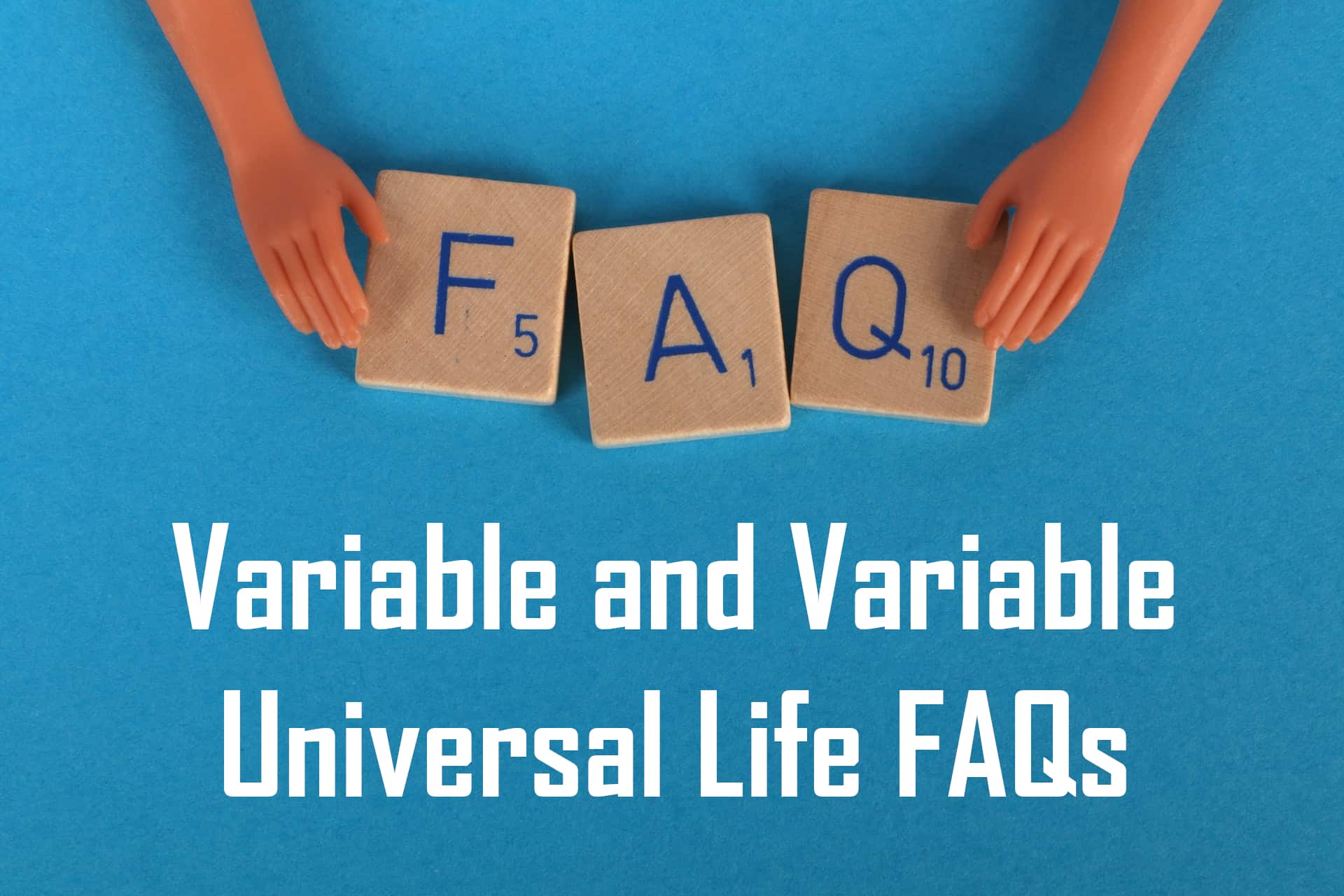There are questions surrounding variable and variable universal life insurance. Life insurance is a big deal in any household. Without it, you’d have to worry about your loved ones. There are many options to choose from when it comes to buying life insurance. Our experts answer some questions revolving around this topic.
Question – Life insurance pundits sometimes describe VL and Variable Universal Life as life insurance wrapped around a mutual fund investment and as a better alternative than a buy-term-and-invest-the-difference strategy. How does the investment performance of the funds offered by life insurance companies compare with the performance of mutual funds?
Answer – Numerous studies have measured the investment performance of mutual funds, but far fewer studies have assessed the performance of other institutional investors, such as the separate accounts of life insurance companies. However, one study examined the attractiveness of the stock portfolios of life insurance companies as an alternative investment to mutual funds. Using testing methods similar to those used to evaluate mutual funds, the study concluded that on the basis of risk-adjusted investment performance alone, both life insurance and mutual fund portfolios yield similar returns. However, as life insurance contracts offer the opportunity for individual investors to defer taxes, these investment vehicles offer an edge over mutual funds when investors consider after-tax investment performance.
Question – What investments other than the normal stock, bond, and money market separate accounts are available?
Answer – For the more aggressive or knowledgeable investor, some companies now offer GNMA funds, real estate funds, and zero coupon bond funds. Some specialized funds such as small capitalization stock funds, market index funds, and funds that focus on specific sectors of the economy or industries (i.e., medical, high tech, gold, leisure, and utilities) are also available. In recent years, Exchange-Traded Funds (ETFs) based on broad stock indexes and others ETFs based on industry sectors, and even less-broadly-diversify portfolios have become popular with investors.
Some companies offer a managed fund option where the company’s investment manager assumes the responsibility for apportioning investments among the various alternative funds. Some Variable Life policies also offer a guaranteed interest option similar to the declared interest rate on universal life policies. Recently, some insurance companies have offered investments in hedge funds for policyowners who meet certain income and net worth requirements. Hedge funds are investment companies that are generally unregulated by the SEC; hedge funds may use high risk techniques, such as borrowing and short selling, to make higher returns for their investors.
One of the more popular trends in recent years has been the target age funds that are portfolios designed and managed to have asset allocations appropriate to various investment horizons ranging from five to thirty, or more, years.
Reproduced with permission. Copyright The National Underwriter Co. Division of ALM


